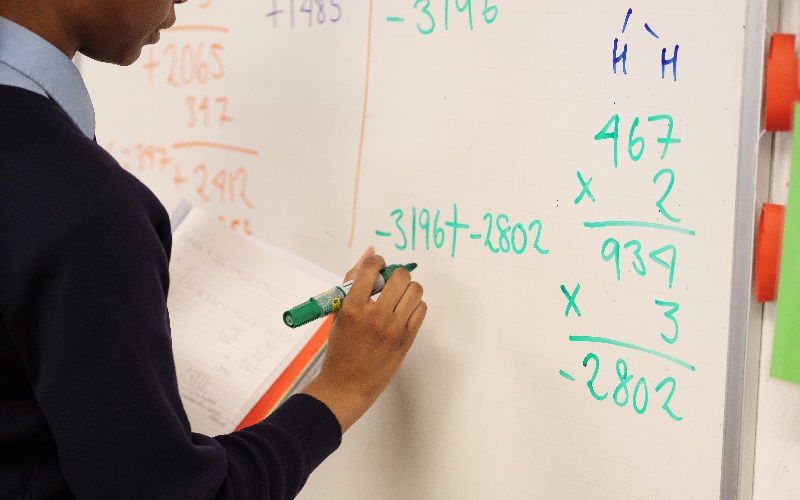How the outcry over a Reading test reveals wider problems with SATs
By Blog Editor, IOE Digital, on 24 May 2023

Credit: Phil Meech, UCL.
One of my daughters did Key Stage 1 SATs ‘quizzes’ last week, and she found it tiring and emotional. Some of her friends were in tears over how they did, and this is without the pressures of having your results used to appraise the whole school. Judging by the outcry over the Reading paper, the Key Stage 2 SATs week was especially tough for pupils, parents and teachers alike this year. But this concern over SATs goes much deeper than one difficult paper; many parents and teachers have simply had enough of what they see as a damaging system. (more…)
 Close
Close










